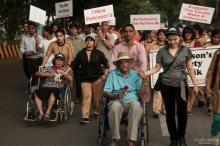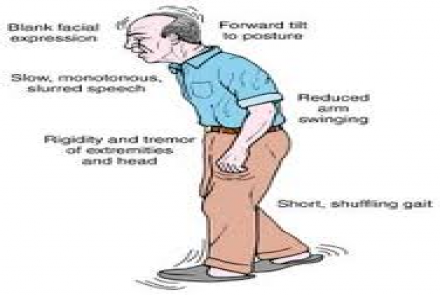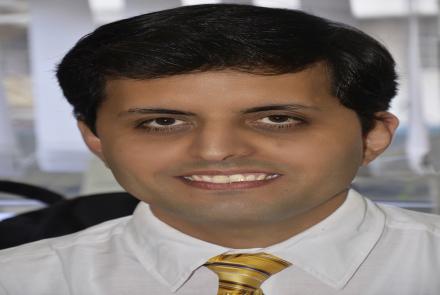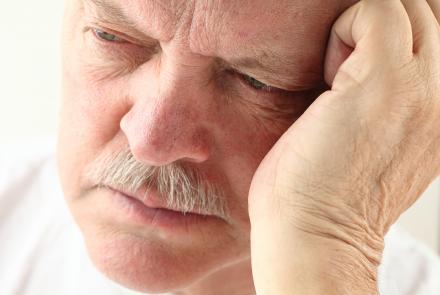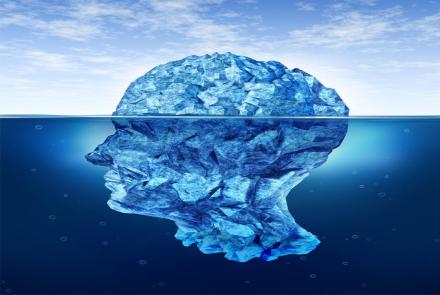
Unity walk for Parkinson…in Nasik
A Unity walk was organized in Nashik on Saturday, December 5, 2015 to promote awareness of Parkinson’s disease by PDMDS with support from several other leading organizations.
In addition to the patients and representatives of these organizations, citizens of Nashik also came out in large numbers to show their support. Approximately 300 participants started assembling bright and early and the walk commenced at 5:15 PM, originating at Nasik City Center Mall to Thakker dome which is a distance of 1.5 km.
There was a fleet of vehicles that followed the crowd, including a cardiac equipped ambulance with a doctor on board, vehicles carrying some patients and several Police cars.
On completion all the seniors were given roses, and the event ended with a couple of speeches and a vote of thanks. The unity walk was dedicated to our patient Surjan Koli who passed away in November 2015.
There are a number of follow on events planned, since april is Parkinson’s awareness month. So stay tuned for more articles and news from our end.

